
Yadav’s Continuous Reign in Power, Leadership Always in Question
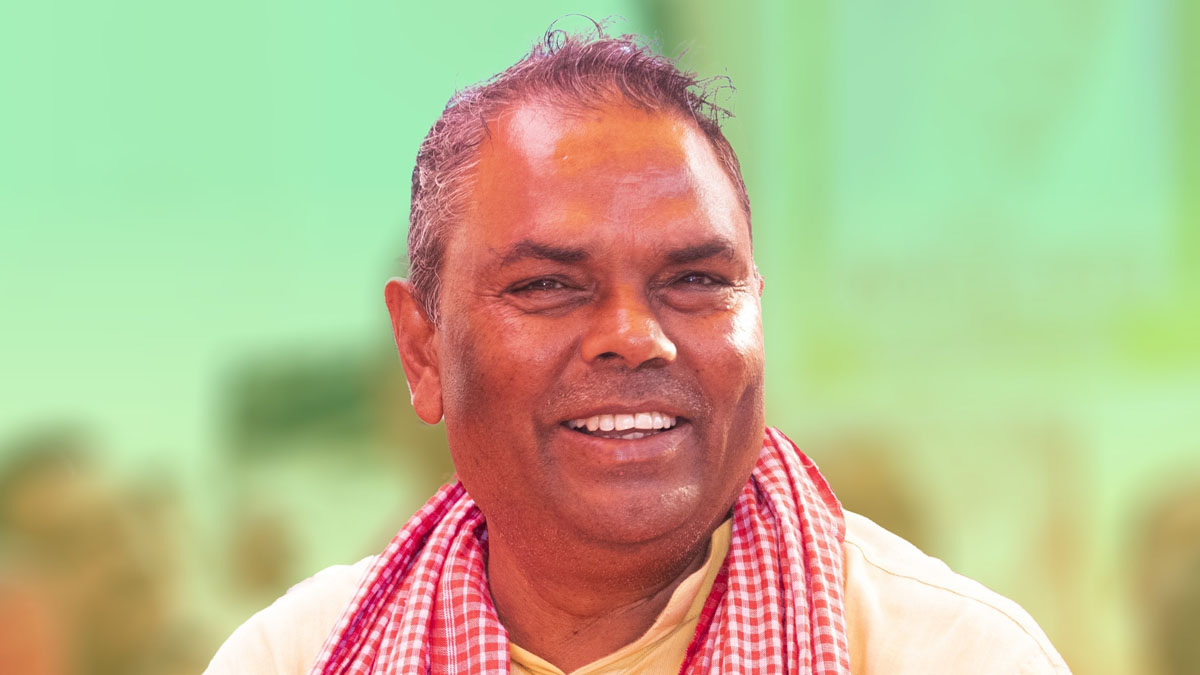
At the Janata Samajbadi Party-Nepal (JSP-Nepal) general convention held in Janakpur, Upendra Yadav secured yet another term as chairman uncontested, further entrenching his longstanding grip on the party leadership amidst rising internal dissent and external challenges.
The convention, which commenced amid heightened tensions and political maneuvers, unfolded as Yadav, the sole candidate for the chairmanship, clinched his re-election in the heart of Madhesh Province. This victory marks a pivotal moment for Yadav, who has steered the party through turbulent waters since its inception following the Madhesh movement in 2007.
However, Yadav’s unopposed re-election comes at a time when the JSP-Nepal faces its most profound internal crisis to date. Just weeks prior, a significant faction led by Ashok Rai splintered from the party ranks, forming the Janata Samajbadi Party in a bid to challenge Yadav’s dominance. This rupture not only fractured the party’s unity but also underscored deep-seated grievances against Yadav’s leadership style and decision-making.
Political analysts have long criticized regional parties like JSP-Nepal for their susceptibility to internal power struggles and the overwhelming influence of a single leader. Yadav’s ability to consolidate power and stifle dissent within the party ranks has often been cited as a hallmark of his leadership, albeit one that perpetuates a cycle of stagnation and internal strife.
Yadav’s tenure has been marked by both political victories and significant setbacks. His party’s control over Madhes Province was a testament to his political acumen, yet recent electoral defeats and the subsequent loss of provincial power have cast a shadow over his leadership capabilities. Notably, Yadav’s defeat to CK Raut of the Janamat Party in Saptari-2 during the November 2022 elections served as a stark reminder of his waning influence in Madhesh politics.
The downfall of the JSP-Nepal government in Madhes Province, precipitated by internal divisions and coalition collapses, further eroded Yadav’s political footing. His failure to maintain a majority in the provincial assembly led to the ousting of Saroj Kumar Yadav’s government, exposing vulnerabilities within Yadav’s leadership and the party’s internal cohesion.
With the emergence of the Janamat Party under CK Raut’s leadership, Madhes politics is witnessing a seismic shift. Raut’s decisive electoral victory and subsequent coalition-building efforts have positioned his party as a formidable force in the region, challenging Yadav’s decades-long dominance and promising a new direction for Madhesi politics.
As Yadav navigates the fallout from internal dissent and electoral defeats, his efforts to challenge the legitimacy of the breakaway faction in court signal a last-ditch attempt to retain control over the JSP-Nepal. Yet, the growing chorus of voices calling for leadership change within the party suggests that Yadav’s grip on power may be slipping, paving the way for a potential realignment of political forces in Madhesh.
In conclusion, while Upendra Yadav’s re-election as chairman of JSP-Nepal may appear as a consolidation of power, it is increasingly viewed as a desperate bid to cling to authority amidst mounting challenges and shifting political tides in Madhes.



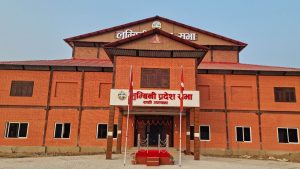
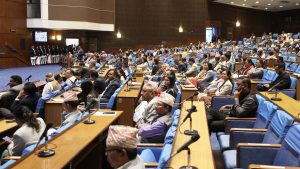
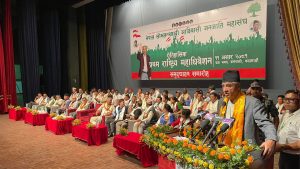
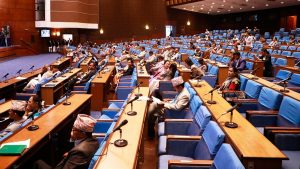

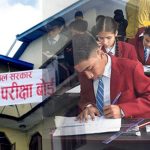

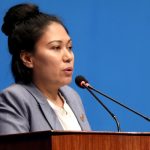

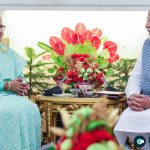
Comments